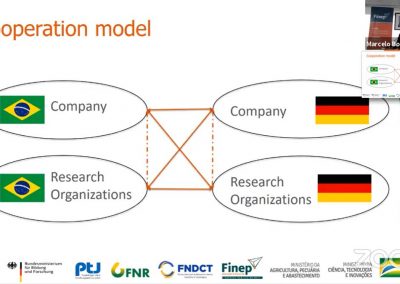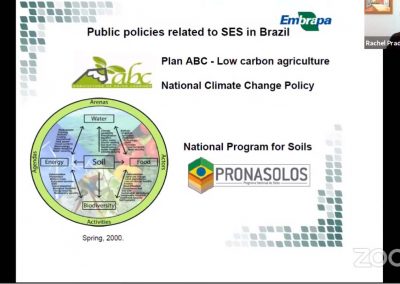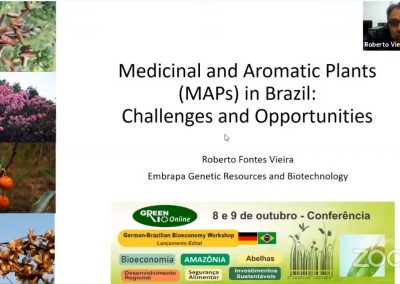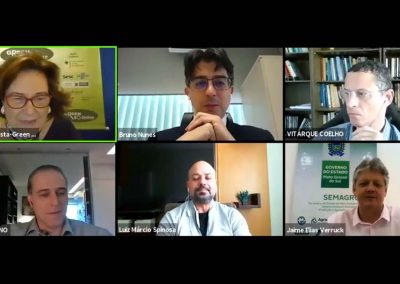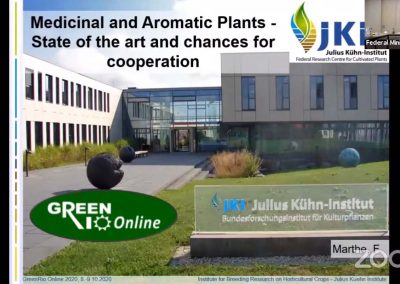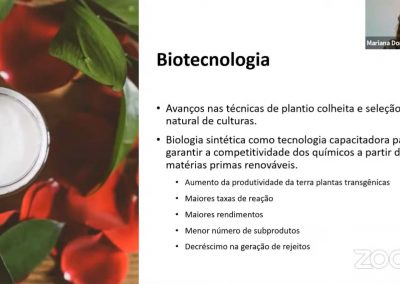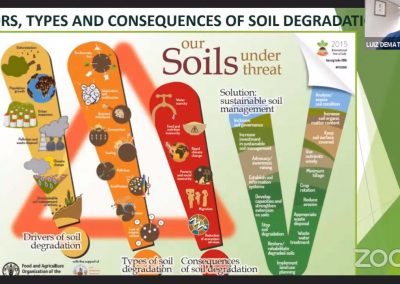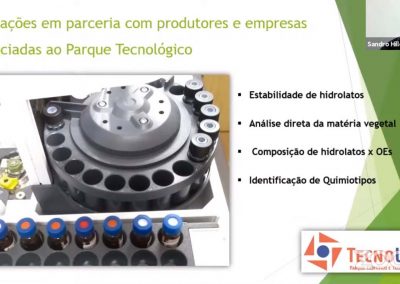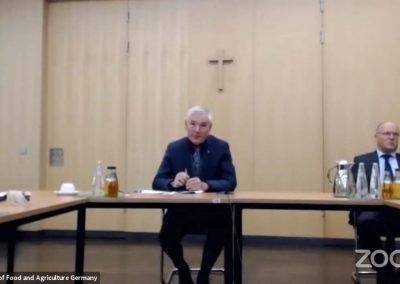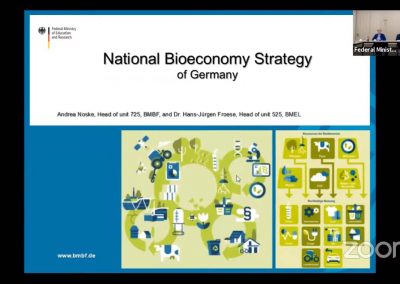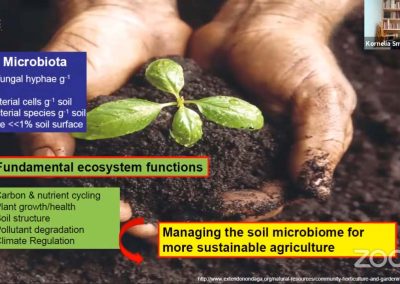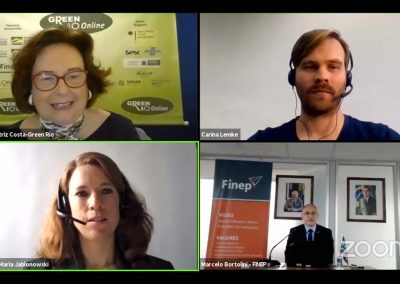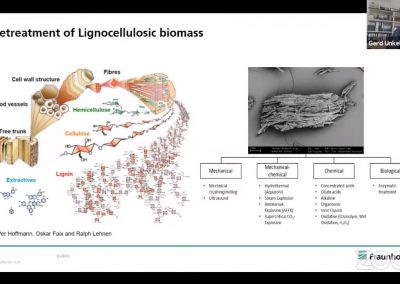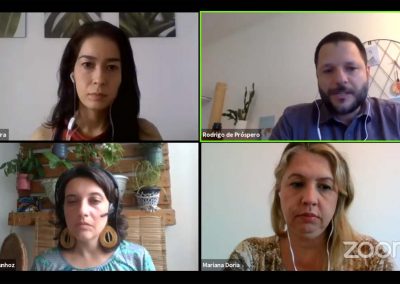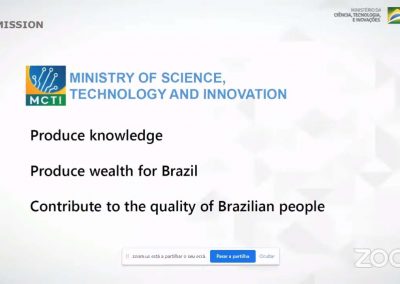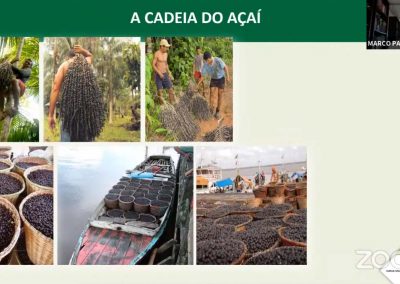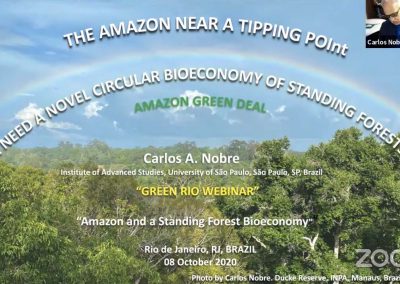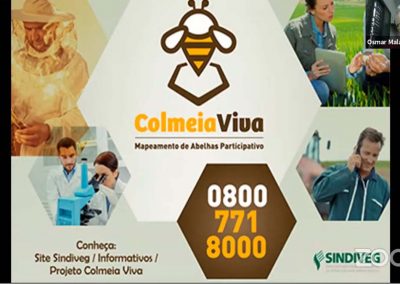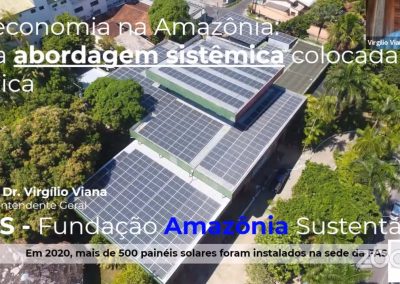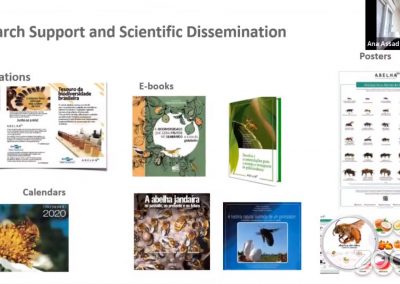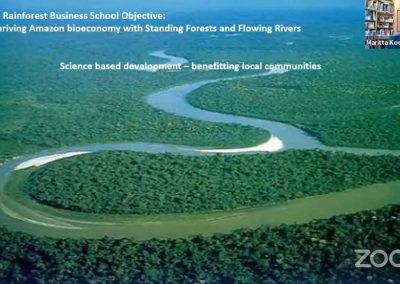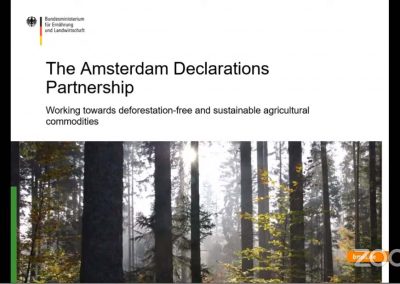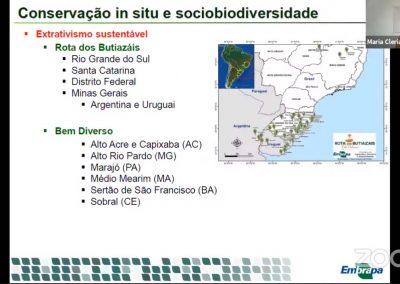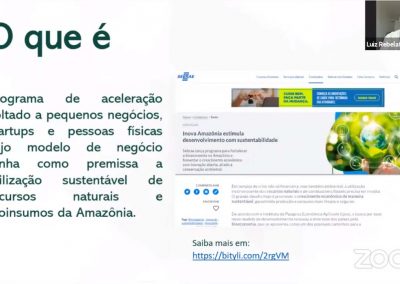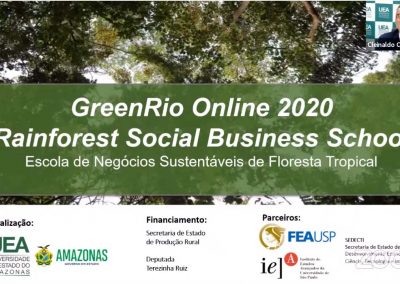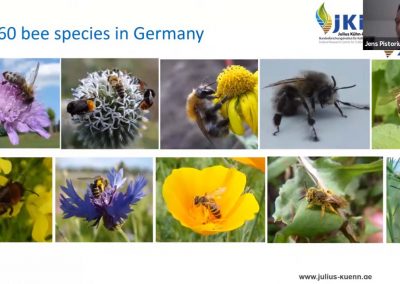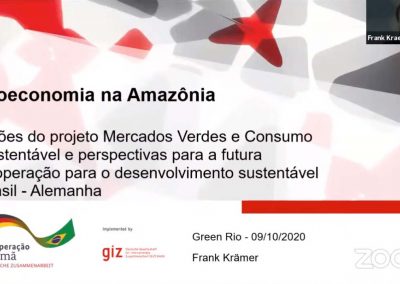| Brazil and Germany launch a joint invitation for Bioeconomy research and development during Green Rio Online |
The announcement occurred during the first stage of the 2020 Green Rio Online event. Between October 24 and 26, the innovation challenge takes place, concluding this year’s edition
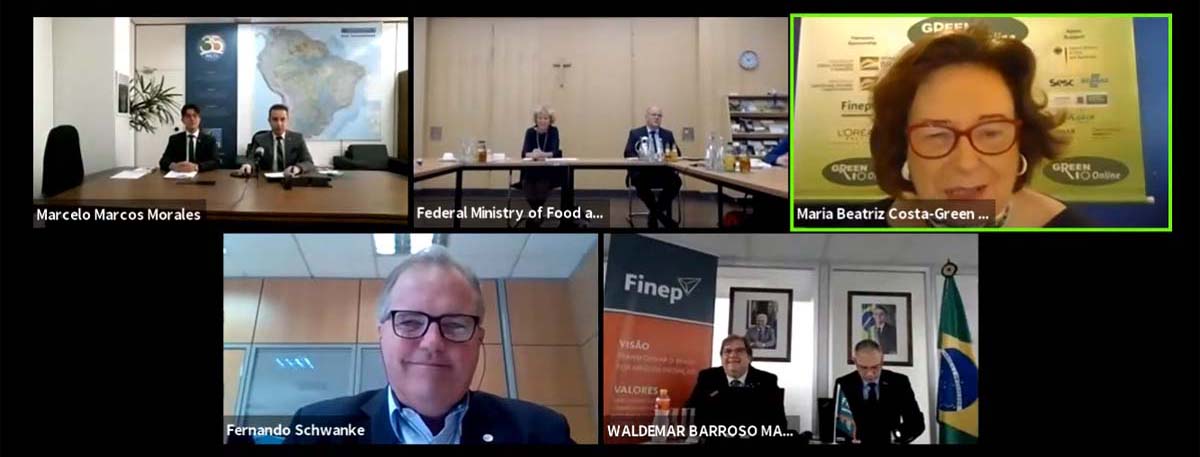
On October 8 and 9, fifty-two Brazilian and international speakers took turns in the virtual format to address a single theme: the bioeconomy. The stage for this meeting was Green Rio Online, one of the most important events on the bioeconomy in Brazil, which for the first time took place in digital form. Among the novelties presented, the Brazilian and German governments announced the 2020 Bioeconomy joint invitation, which will comprise two lines of research: the industrial use of biomass, and medicinal and aromatic plants.
The Brazil-Germany public invitation puts into practice the cooperation between the two countries in the Bioeconomy area. The projects are expected to take place at the end of 2021 or beginning of 2022. For this purpose, financing of R$ 4.65 million from the Brazilian Government and € 2 million from the German Government was announced. Proposals will be accepted up to March 19, 2021.
This Cooperation is conducted by the Brazilian Ministries of Agriculture (MAPA) and of Science, Technology and Innovation (MCTIC), and by the German Federal Ministries of Food and Agriculture (BMEL) and of Finance (BMF).
In addition to the announcement of the joint invitation, the participants were also able to listen, on the first day of the event, to talks addressing themes including ‘A study on the art and benefits of cooperation’, ‘Medicinal and Aromatic Plants’, ‘Soil Health’, ‘Cosmetics Chain and Development Goals’, and ‘Regional Development and Bioeconomy’.
During the panels, initiatives that have been working well in several parts of Brazil and of the world were presented, such as pollination by insects focusing on field cultivation. This is something that is relatively new in Germany and that, according to the German researcher Frank Marthe, could be adapted to Brazil. In the south of the country there is also a project that has been widely talked about, despite the fact that it was started less than a year ago. It has to do with the use of essential oils and derivatives to boost the production chain based on the cultivation, extraction and transformation of such products. The audience was also able to learn about the “Adopt a Spring” programme, an initiative of the Municipality of Itú; the Conservathon, a hackathon focusing on the preservation of the Amazon Region and developed by the Araucária Foundation; and the Federal Government’s Bioeconomy Production Chains programme, aiming to boost scientific research, technological development and innovation, which further strengthen and promote the production chains linked to biodiversity in Brazil.
Among the talks held on Oct. 9, another international partnership was also formalised: that of Sesc/Mesa Brasil and Food Nation, an initiative of the Danish government which promotes food safety in all links of the chain and is recognized for its innovation and commitment to sustainability. This was presented during the panel on “Food Safety and Planet Health – Social and Environmental Costs of Food Waste”. Among the speakers we had SESC RIO’s director, Regina Pinho, and the manager of the Food Nation Programme, Lise Walbom, presenting their respective programmes and the possible joint projects that may be developed. On the same day, a challenge to farmers was also launched, exploring possible connections between the bioeconomy and family farming, with solutions for small and medium producers. Proposals will be accepted up to March 19, 2021.
One of the most keenly awaited panels on the second day, ‘Amazon Region and Bioeconomy in the Standing Forest’, highlighted the importance of implementing the Rainforest Social Business School, which will be set up by the State of Amazonas University, among other projects that will help people to add value to products and production chains in the Amazon Region. The members of this panel were the environmentalist Maritta Koch-Weser (Rainforest Business School), the scientist Carlos Nobre (Amazônia 4.0), Rector Cleinaldo Costa (State of Amazonas University), Thomas Baldauf (German Ministry of Agriculture) and Marcelo Bortolini (FINEP).
“The fact that the Green Rio event was carried out online has special significance, because it shows that the pandemic has not made us give up holding this yearly meeting. We brought together 52 speakers from Brazil and abroad, and organized the launch of the first Brazil-Germany invitation to present bioeconomy proposals, which shows confidence in the renewal of partnerships”, declares Maria Beatriz Costa, the coordinator of Green Rio Online.
To conclude Green Rio Online, the innovation challenge was carried out from October 24 to 26, in partnership with Sebrae. This initiative worked as an online marathon, seeking solutions for the bioeconomy production chain and for the small rural producer, exploring themes such as innovation in forest products, irrigation and production planning.



